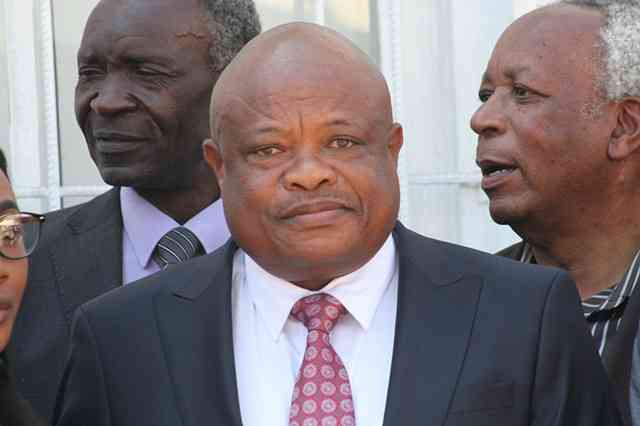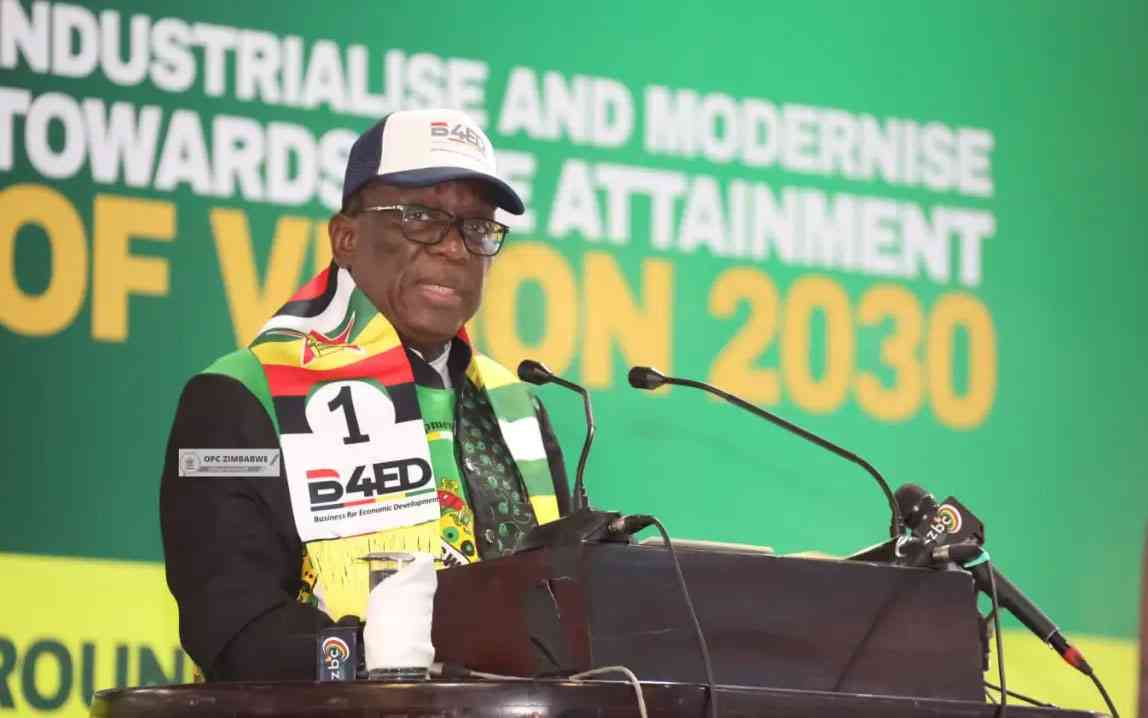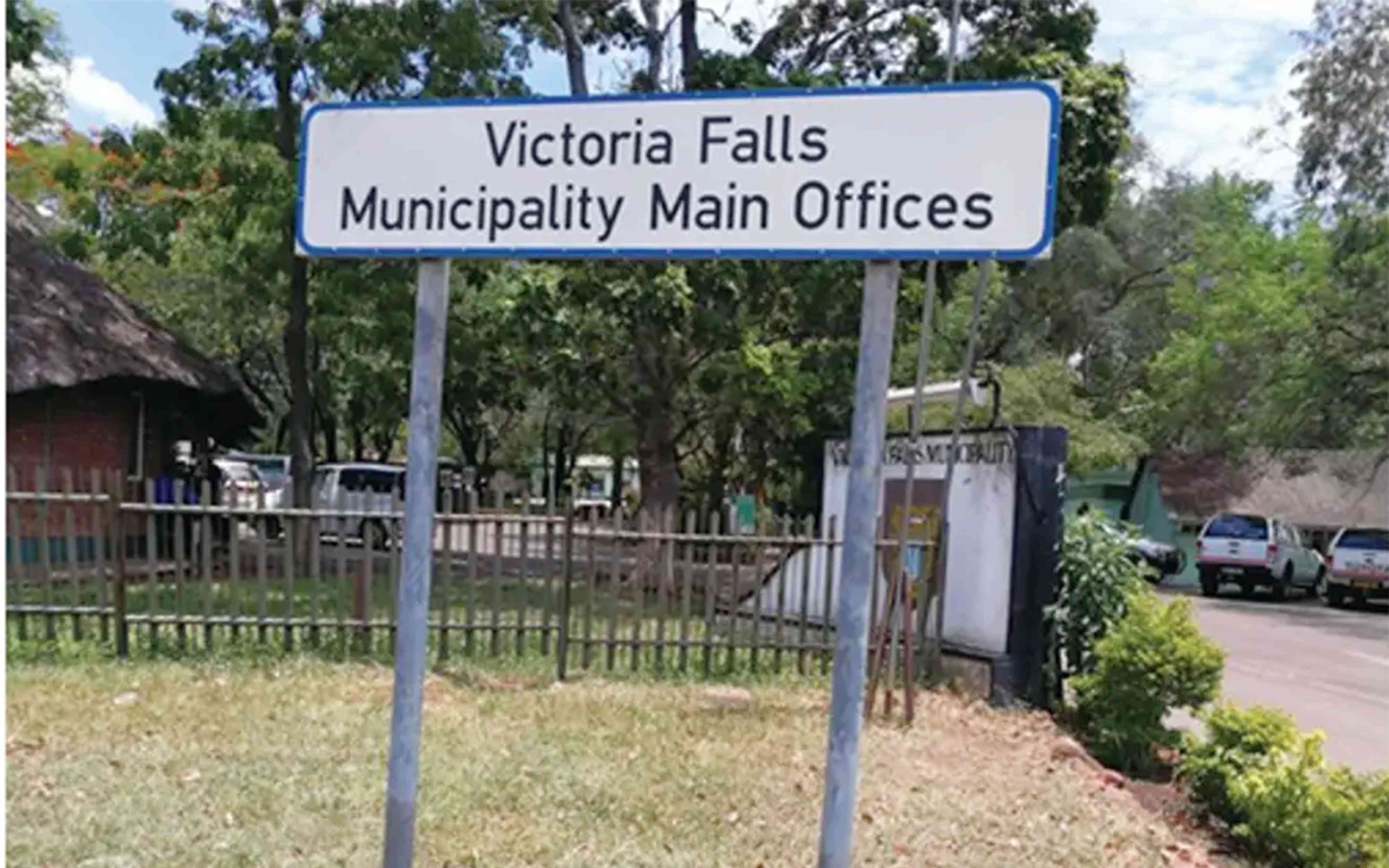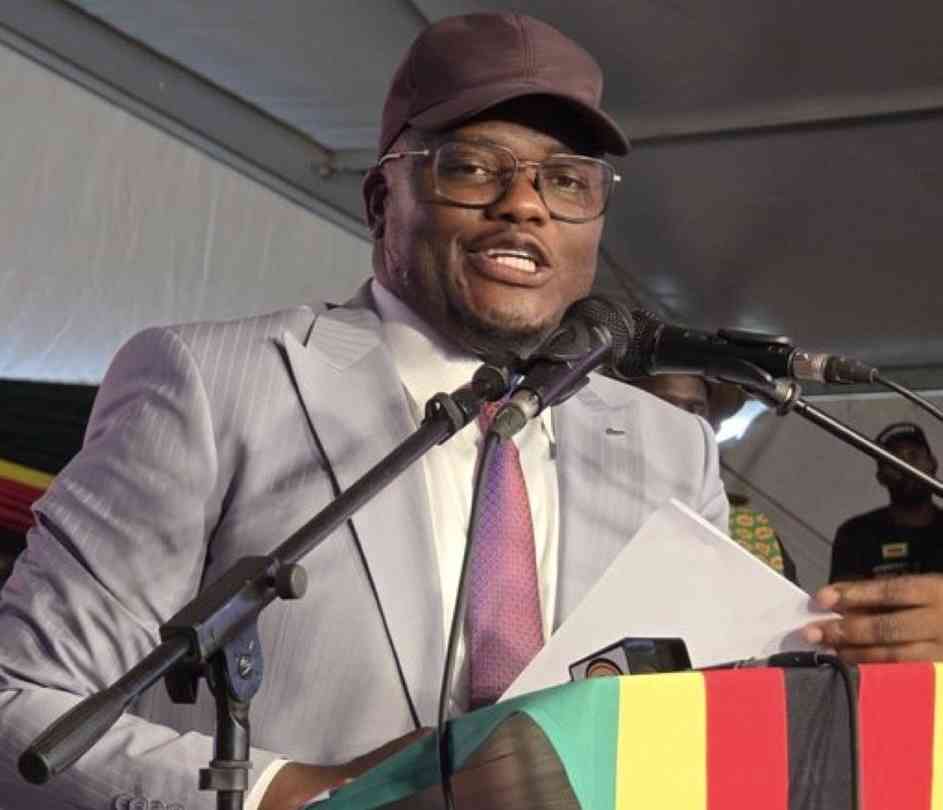
THE move to have retired High Court Judge Justice Webster Chinamora remain in office to clear all reserved judgments on his desk is above the law and in line with Section 186 (7) of the Constitution, legal experts have said.
This comes after the decision for Chinamora, who resigned a fortnight ago, to clear reserved judgments was slammed last week.
President Emmerson Mnangagwa appointed a tribunal on November 14 after several complaints from litigants, including Delta Corporation, whose cases were allegedly mishandled by Chinamora.
Among the allegations against Chinamora was that he allegedly handed down a judgement in a matter he never heard.
In February this year, Chinamora and former Bulawayo High Court judge Justice Martin Makonese were given 10 days to show cause why tribunals should not be constituted to investigate alleged acts of misconduct.
In an interview, Advocate Method Ndlovu said the order to clear reserved judgments was in accordance with the law.
"It is settled and common cause that a judge, who has resigned can complete matters he started before his resignation. This position is set out in the Constitution,” he said.
“Section 186 (7) states: Even though a judge has resigned or reached the age of retirement or, in the case of a judge of the Constitutional Court, reached the end of his or her term of office, he or she may continue to sit as a judge to deal with any proceedings commenced before him or her while he or she was a judge.
- Currency crisis hits capital markets
- We are climbing out of hard lockdowns, says Delta boss
- Outcry over mine closure
- Currency crisis hits capital markets
Keep Reading
“There is nothing unusual or sinister about this,” Ndlovu said.
He said even before this Constitutional amendment, former Chief Justice Ray Gubbay had clarified in 1991, in the case of Mhonderwa vs BJB Kirsten (Pvt) Limited.
This concerned the ability of Justice Chris Greenland, who had resigned, to complete his matters.
Justice Gubbay said: "The power to conclude matters after resignation, as did Greenland, is reasonably incidental to the proper performance of judicial authority or power outlined in section 3 of the High Court Act".
Ndlovu, however, could not explain how a judge, who resigned after facing corruption allegations, can still continue on the bench to clear cases.
Sources close to the retired judge told the Independent that Chinamora was asked to complete writing all his reserved judgments.
"He resigned on November 15, and never showed up at work, until he was called by the Judge President (JP) Justice Mary Dube and asked if he could complete writing reserved judgments and finalise partly-heard matters,” a source said.
“The JP advised him that this request had come from the Chief Justice (CJ) Luke Malaba. He obliged and that is precisely why he has been coming to the High Court.
“The Constitution allows it and the CJ has asked him if he could execute the task. He was available per the law to respond to the call.
That would obviate the need for de novo hearings of those matters by other judges,” the source added.
Last week, constitutional law expert and University of Zimbabwe lecturer Lovemore Madhuku said the matter was not about Chinamora but the High Court as an institution.
“It could be a matter of the judge having resigned without communicating his judgments in cases he presided for. The fact that he had reserved judgments does not wash away the court processes,” he said.
“He was acting as the High Court and not Chinamora and we must separate the two. What he cannot do now is hear any new cases but communicate his judgments in the reserved cases.”
Human rights lawyer Beatrice Mtetwa wrote to Mnangagwa and the Judicial Service Commission three weeks ago to rein in Chinamora.
Makonese stepped down in February but Chinamora remained on the bench, handling cases. This was despite recommendations by a judges’ panel, which concluded in February that Chinamora had a case to answer.










